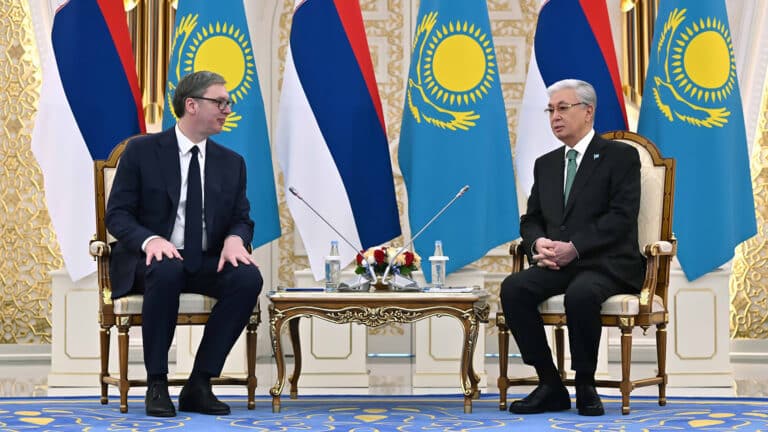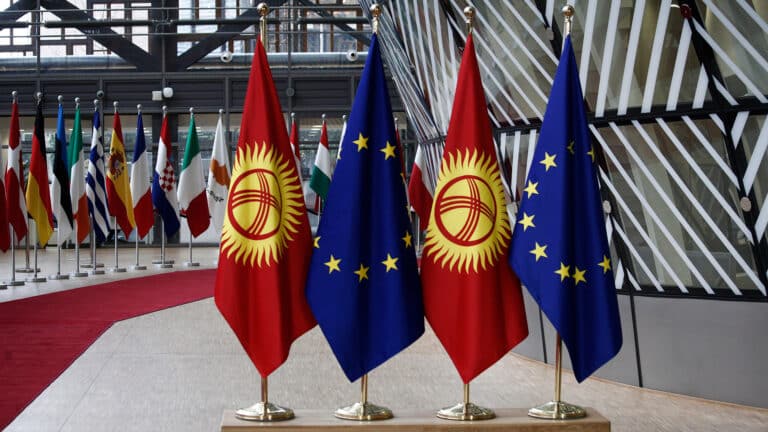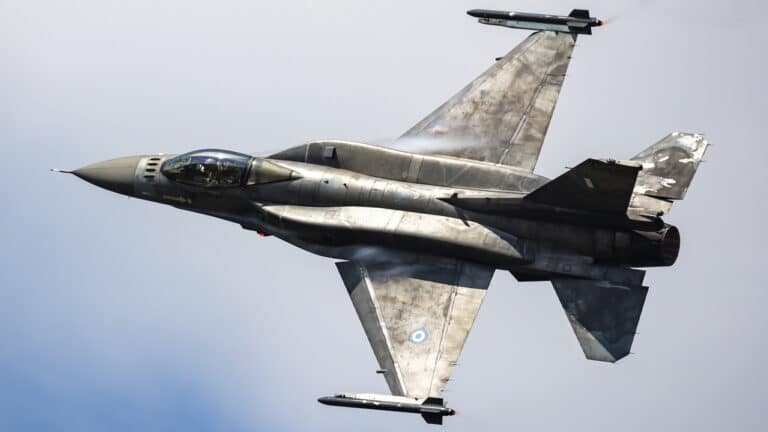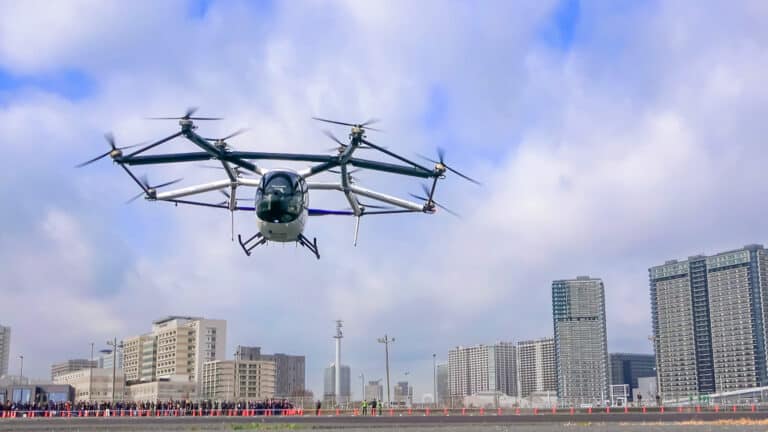Airlines, airports and air navigation companies are facing a post-pandemic crisis and asking for help. What will the air industry in Kazakhstan look like after the pandemic? What measures is the government going to introduce? And, what do travelers think about some flights being reinstated? Kursiv edition has tried to answer all these questions and more.
The borders are open again
According to the interagency, the COVID-19 prevention commission’s decision, to reinstate international flights from Kazakhstan took effect on August 17. For now, Kazakhstani citizens can travel to the United Arab Emirates, Belarus, Germany, the Netherlands, Egypt, Ukraine and Russia.
All of these countries (with the exception of Russia) had previously given their permission to restart flights if strict sanitary epidemiologic rules, including body temperature measuring, social distancing, wearing of masks, and PCR testing for COVID-19 were set in place.
In addition to the above destinations as well as South Korea, which had flights reinstated in June, Kazakhstani citizens can now fly to eight countries. This is just a tiny piece of all 99 international routes that were one previously available to citizens before the pandemic.
Hard landing
The air industry in Kazakhstan declined sharply after the state of emergency was declared on March 16. In April, passenger air travel fell by 96%. In May, when internal routes were reopened, it was just 53% when compared to the same time period just one year earlier.
According to the Civil Aviation Committee, the losses experienced by Kazakhstani airlines in April amounted to ₸245 billion ($586 million); airports lost some ₸24.5 billion ($58.6 million) in revenue and Kazaeronavigatsiya, an air navigation company, lost ₸28 billion ($66.9 million). As reported by SCAT airlines, this firm lost some₸5.6 billion ($13.3 million) during the quarantine with a shortfall in profits of about ₸18 billion ($43 million). Both SCAT and Air Astana airlines found it difficult to assess the total losses amid the pandemic.
«Almost all air industry businesses have been struggling with losses and fading resources,» the National Chamber of Entrepreneurs Atameken said in its press-release.
At the end of July, the International Air Transport Association (IATA) issued a still more dire forecast for the recovery of the global air travel market. It cautioned that the industry may not fully recovery to its pre-crisis level of 2019 until 2024. (The previous forecast by IATA was more positive and supposed 2023 as the year of where airlines might see a return to their 2019 levels).
«If we are speaking about the optimistic scenario, it probably would take one-and-a-half to two years to be back to 2019 level,» SCAT airline said.
The passenger traffic will likely end 2020 at 50% of its prior year capacity or 1.1 million passengers compared to 2.2 million passengers in 2019. Instead of people, the company can transport cargo thought to compensate for some revenue losses. For example, the volume of cargo transportation has rise more than two times from 210 tons to 450 tons during the quarantine.
The crisis has forced airlines to ground not only their aircraft, but also their crews and staff. Air Astana placed over two-thirds of its employees on leave and then cut their salaries by 50% due to fewer flights.
«No new job opportunities are available at the moment. We all are hopeful that the company can reopen its flights and our colleagues can get back to work,» the airline said.
Insufficient help
According to Daulet Khamzin, executive director of the Nur-Sultan International Airport, the state has imposed some tax breaks, but those only covered 10% of all losses amid the pandemic.
«If authorities do not take further actions, then the air industry could face economic collapse with no air travel at all,» said Inessa Zhumabayeva, deputy head of the logistics and transportation department in Atameken.
First of all, the government should extend zero all payroll tax for its airports until the end of 2021.
«Government must postpone payments on loans without further penalty on late payments until the end of 2021 as it works for small and medium-sized businesses; reduce the companies’ loan burden by refinance tools of the Development Bank of Kazakhstan; set minimal interest rates on loans or provide air industry with interest-free loans,» Zhumabayeva added.
It is also proposed air navigation charges on domestic and international airlines to be temporarily reduced by 50% with deferred payments for one year. Another initiative is to declare a moratorium on antitrust inspections and investigations against Kazakhstani airlines. In addition, market players believe that zero VAT until December 31, 2021 for domestic flights and fixed price for jet fuel until the end of 2020 might be helpful.
As Zhumabayeva noted, other countries are much more active in supporting their own air industries. Russia has introduced a mechanism to cover airlines’ losses if they are saving jobs and operations: 24 billion rubles have been allocated for airlines and 10 billion rubles for airports. The United States has allocated about $60 billion with $25 billion in loans and guarantees for passenger airlines and $10 billion for airports. In the EU, air navigation charges have been abolished and the European Central Bank covers operating costs for air navigation enterprises.
Another threat to market recovery is a possible increase in airport tariffs. Seven airports will have five-year tariffs expiring in 2020 and the regulatory body might support the increase. Airlines are requesting airports not increase charges, but for the latter this could be the only way to stay afloat and remain solvent. Conversely, if airports increase tariffs, then it will hit airlines that are already weakened by the pandemic. The alternative option is that government support in the form of bailout would be the only way to avoid a standoff between airports and airlines should the tariff be raised, Atameken representative said.
This is a jump, not a flight
The behavior of passengers is also playing a significant role. Unfortunately, there are no big changes in absolute figures travel firms say.
According to Oksana Schneider, director of the travel agency Be Star, sales have not fundamentally changed after some routes were reopened. «Everyone is waiting for Russia to open. We are open to sales, but should wait for permission from the Russian authorities,» explains Schneider.
«People want to visit Turkey, but sales are not impressive because Istanbul and Antalya are still closed and to open only on September 1. Customers also book other destinations, fox example the UAE, but not too many. People are still worried about the pandemic and tired of quarantine measures.»
This as the Aviata ticket service reports a positive spike in the number of tickets booked when quarantine measures were reduced from August 6 to 11 as well as August 13 to 18. For example, sales to the UAE went up by 1850%, to Belarus by 1200%, to Ukraine by 500%, to Russia by 160% and to Germany by 140%. But the absolute figures were much less impressive with only two people buying tickets to the UAE in the period from August 6 to August 11 and 39 who did the same from August 13 to August 18; concerning Belarus, these spikes are attributable to absolute purchase ranges of one and 12 tickets, respectively with Ukraine going from four and 20. Russia saw an increase from 43 to 69 travelers and Germany from five to seven.














